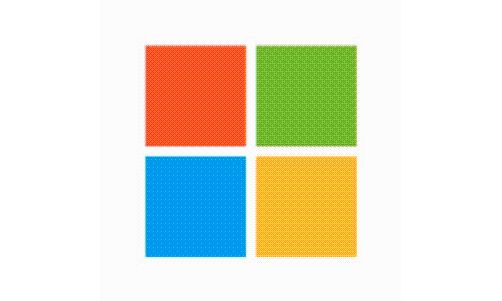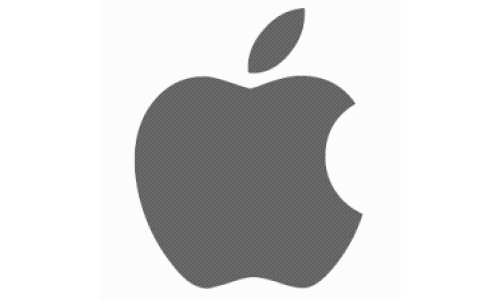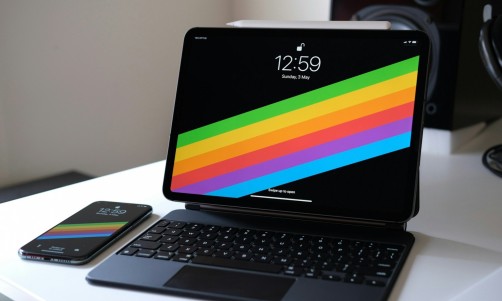The last decade has seen a rapid surge in wearable sensing and monitoring gadgets. By revealing a lot about what really happens inside a person's body, these wearable devices can assist people in upholding their health. But right now, there is not enough indication to evaluate whether these devices work.
New Study Checks The Accuracy Of Popular Wearable Devices
Recently, academics from Stanford University School of Medicine directed a large-scale study to assess the reliability of these high-tech devices. Researchers found that wearable devices that monitor heart rate, skin temperature and other variables can help track our well-being and can also inform us when we are getting sick.
"I was very awe-struck with all the statistics that was collected. There's a lot here-a lot of sensors and a lot of diverse data on each person," said Eric Topol, professor of genomics at the Scripps Research Institute, who was not included in the study. "The fact that you can pick up illness by monitoring before they happen is very practical."
Lead study researcher Michael Snyder was also among those contributors who helped check the correctness and dependability of wearable devices. As the part of the study, he was wearing seven biosensors during a flight to Norway for vacation when he noticed that his heart rate and blood-oxygen levels were irregular. The readings did not return to normal even when the flight landed and he ended up having a fever.
In another example, Snyder suspected that he might had been bitten by a tick during a visit to rural Massachusetts. Tests also validated that he was indeed been infected with Lyme disease. His wearable biosensors picked up the contamination even before he knew he was sick.
Snyder explains the technology this way. "Your car has 400 sensors and console lights go on when a problem occurs like the engine starts overheating or you are nearly running out of gas."
He added. "In near future, you will have multiple devices relaying information to your smartphone, which will become your health dashboard. Alerts will go off with raised up heart rate over your normal level and heart beat irregularities will be detected - these will enable early recognition of disease, perhaps even before you can sense it yourself."














